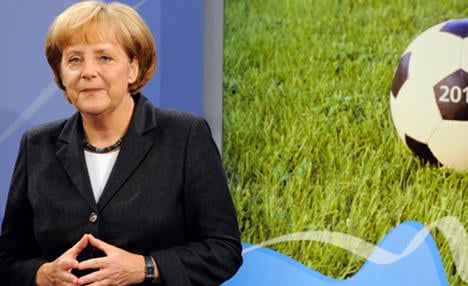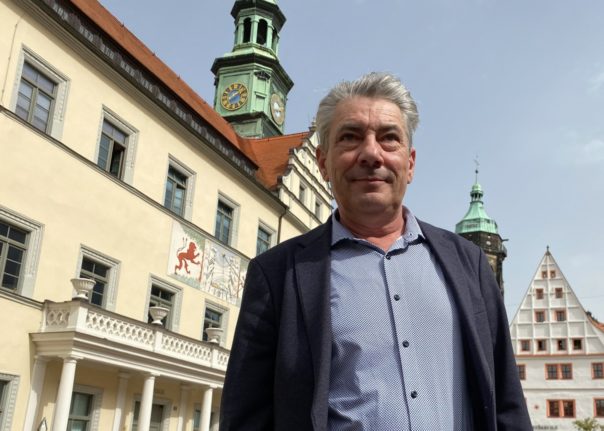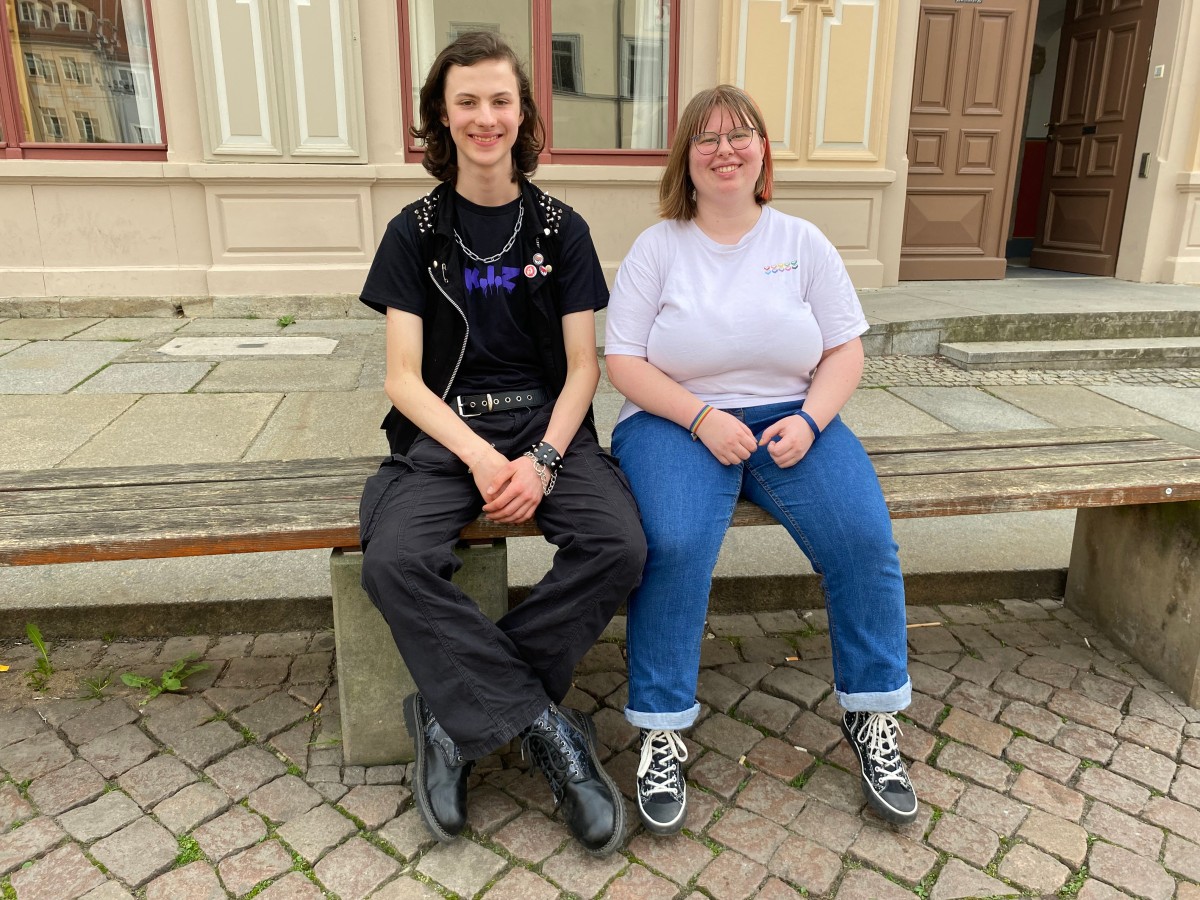She told regional newspaper Kölner Stadt-Anzeiger on Thursday that the law in Ukraine was a “cause for concern.” But added that, “I always decide on such things at short notice.”
Ukraine has come under intense pressure amid mounting concern for Tymoshenko, who was jailed for seven years in October in a controversial case that immediately damaged Kiev’s ties with the European Union.
Tymoshenko, 51, launched a hunger strike on April 20 to protest an alleged beating she received in prison.
Merkel stressed that it is important “to do everything” for Tymoshenko to “receive the appropriate treatment for her illness quickly.”
German media had earlier reported that the chancellor is preparing to instruct her ministers to stay away from the football tournament.
The Austrian government said Wednesday it would boycott all Euro 2012 football matches in Ukraine after the country’s chancellor announced a similar move.
European Commission chief Jose Manuel Barroso has “no intention” of travelling to Ukraine, his office has said, following a similar decision by EU Justice Commissioner Viviane Reding.
AFP/jcw




 Please whitelist us to continue reading.
Please whitelist us to continue reading.
Member comments